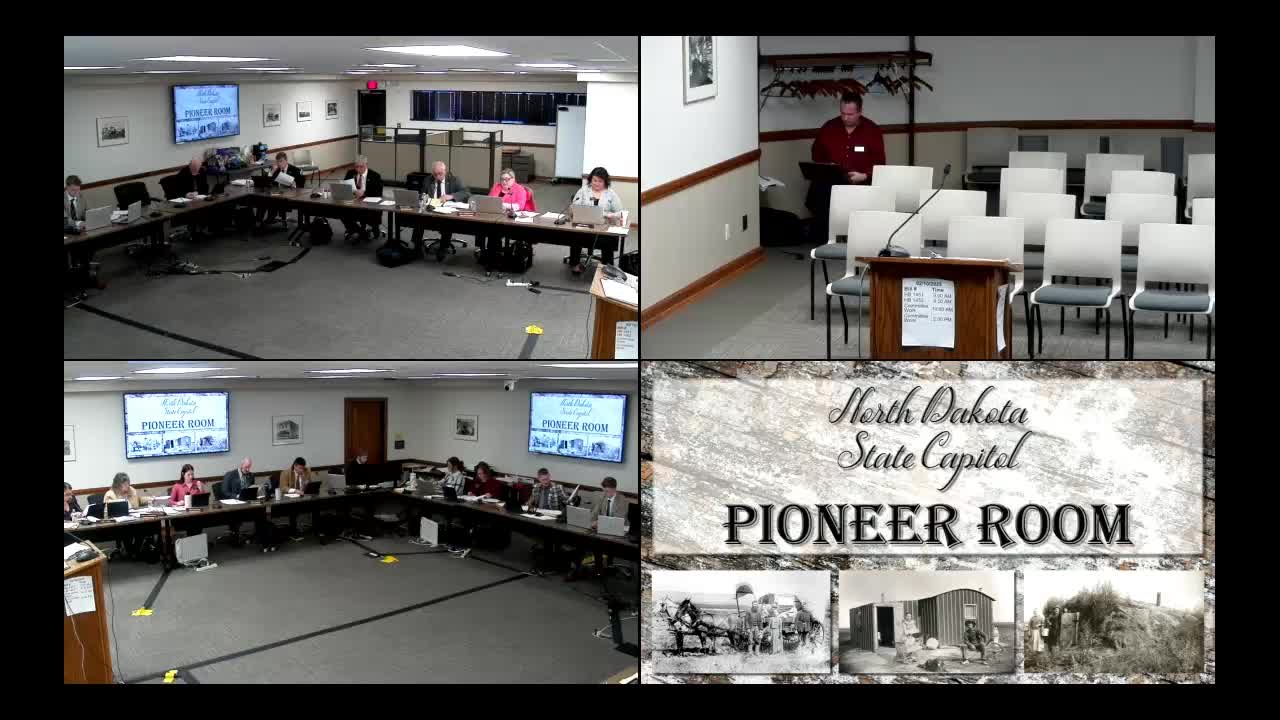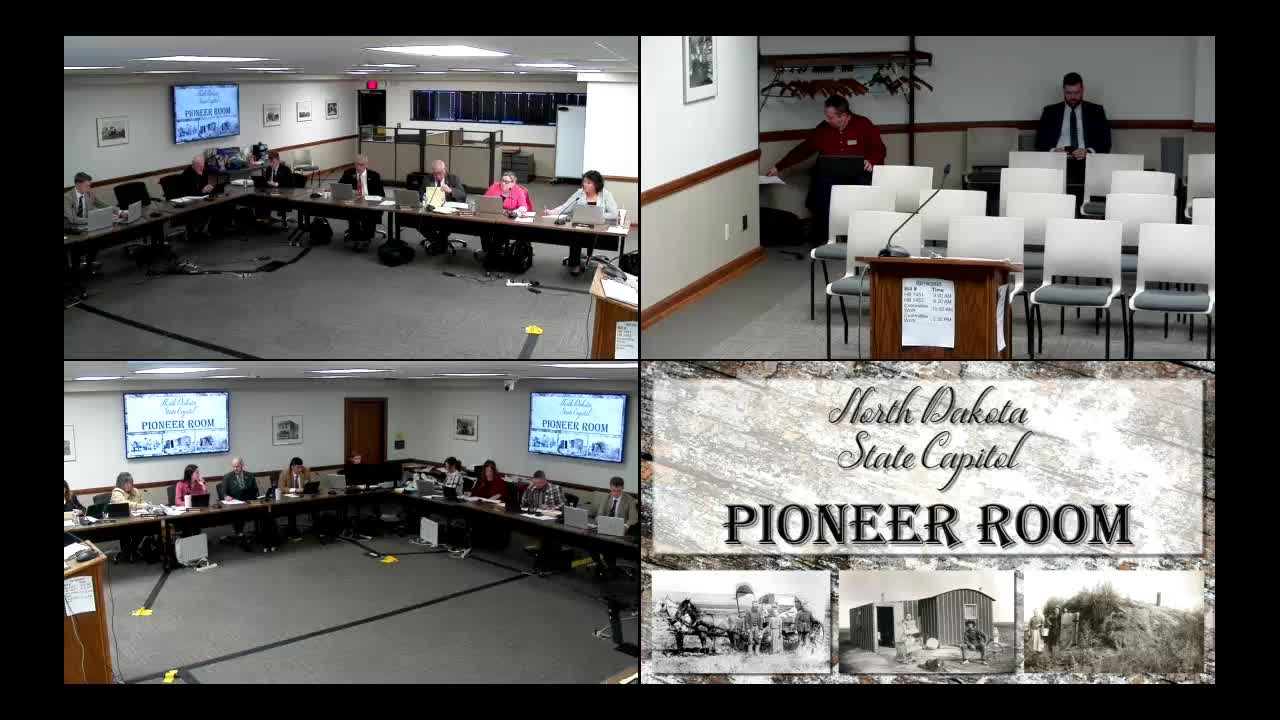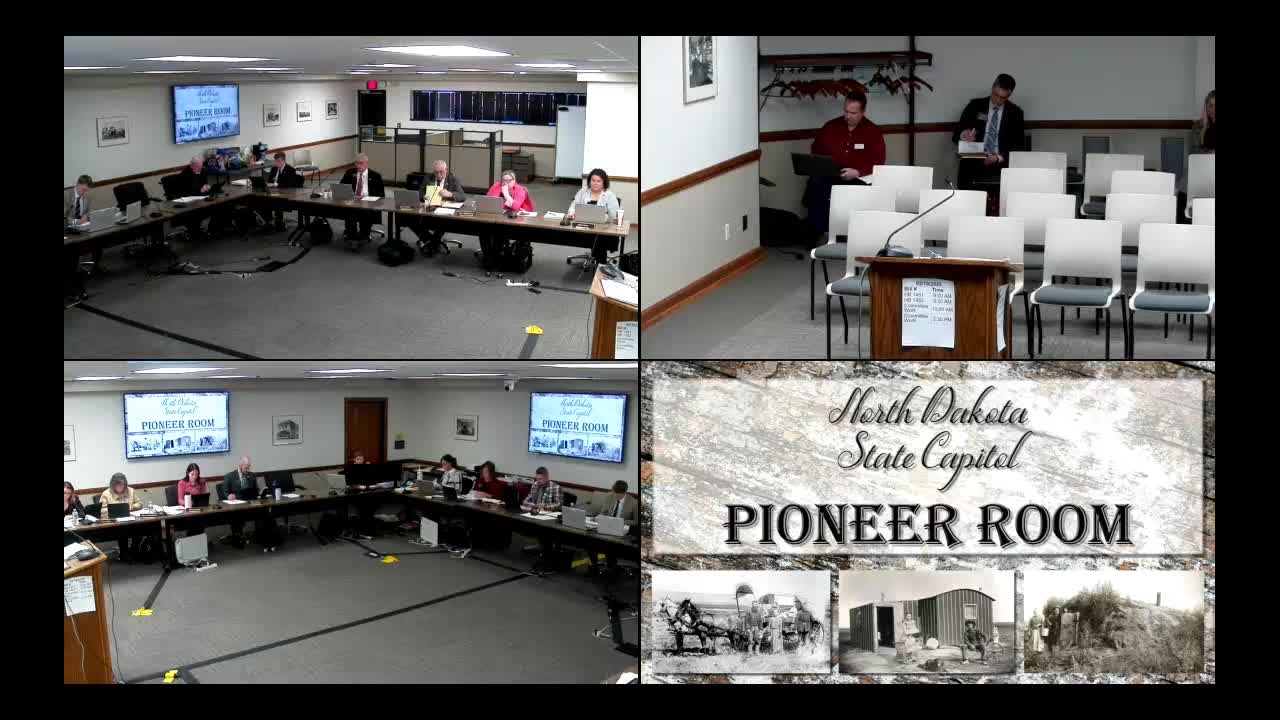Article not found
This article is no longer available. But don't worry—we've gathered other articles that discuss the same topic.

Committee roundup: key Health Committee votes on a string of bills

Committee approves time-series vaccine–death record study; members ask for clearer cause-of-death handling

Committee advances postpartum doula certification bill after waiving state fee and removing mandated coverage

